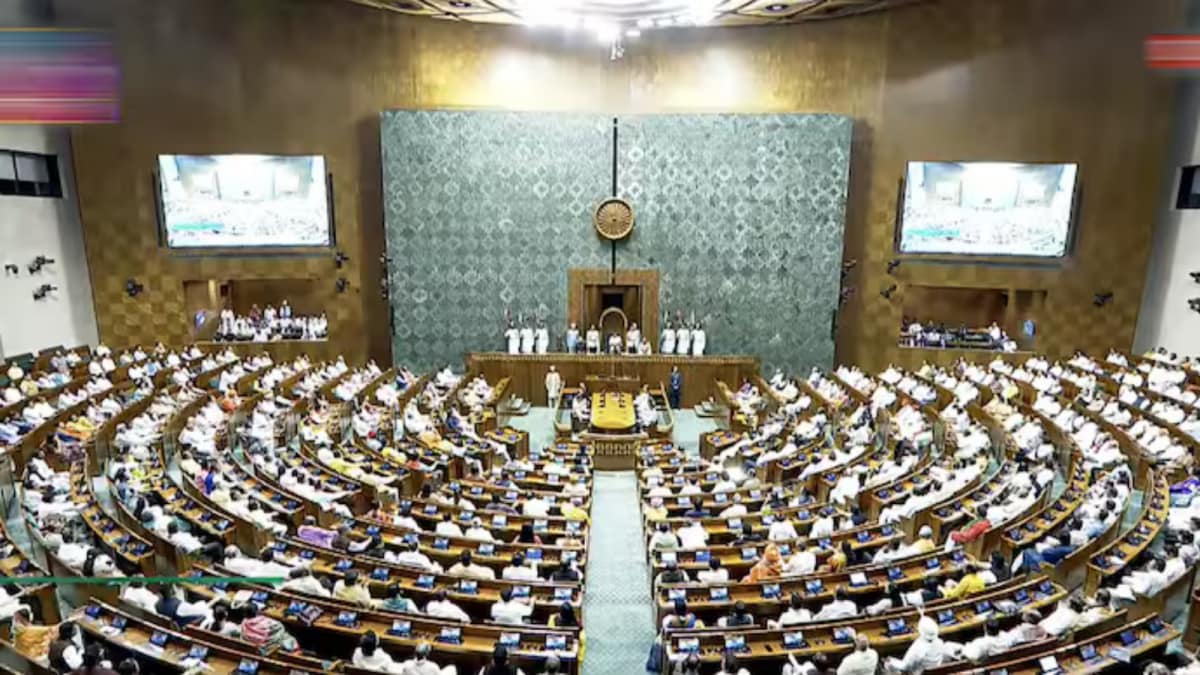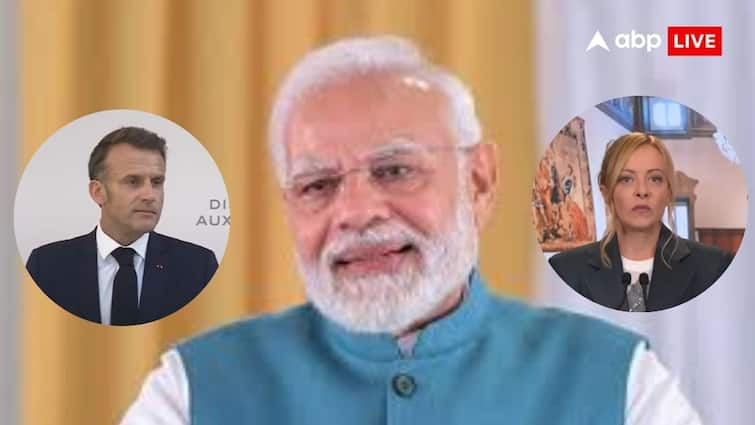- July 26, 2025
Ceasefire With Pakistan Was Bilateral Decision, MEA Tells Parliament, Rejects Trump’s Claims

Last Updated:
Minister of state for external affairs Kirti Vardhan Singh categorically denied any US role in facilitating the ceasefire
Responding to a series of pointed questions from Congress MP Mohammed Javed, TMC MP Mala Roy, and others, the MEA laid out a detailed timeline of events. Representational pic/PTI
Amid claims by US President Donald Trump that he was solely responsible for brokering peace between India and Pakistan, the ministry of external affairs (MEA) has clarified in Parliament that the ceasefire agreement of May 10 was entirely a bilateral decision reached after direct military-level talks initiated by Pakistan.
Responding to a series of pointed questions from Congress MP Mohammed Javed, TMC MP Mala Roy, and others, the MEA laid out a detailed timeline of events. It stated that by May 8, India had successfully achieved its primary military objectives, including dismantling terrorist camps in Pakistan and Pakistan-occupied Jammu & Kashmir, following the April 22 terror attack in Pahalgam.
From April 22 to May 10, Indian diplomats engaged in consultations with several global partners, including the United States. However, India consistently communicated that its actions were strategic, deliberate, and aimed at avoiding unnecessary escalation. Crucially, on May 9, Indian officials informed US Vice President JD Vance that any large-scale retaliation from Pakistan would be met with a firm and decisive Indian response.
In Parliament, minister of state for external affairs Kirti Vardhan Singh categorically denied any US role in facilitating the ceasefire. He dismissed Trump’s repeated assertions as baseless, including the claim that India’s restraint was influenced by prospective trade deals with the US. Singh underlined that India’s position on Kashmir remains unchanged—that it is a bilateral issue not open to third-party mediation, a message also conveyed to the United States President.
The clarification comes after Trump, in numerous public appearances and campaign events in the US, claimed credit for “bringing peace” to South Asia. He suggested his intervention helped prevent war and hinted that trade negotiations may have influenced India’s decision to de-escalate.
These claims ignited a political debate within India. Opposition leaders, including Rahul Gandhi, questioned whether India’s strategic autonomy had been compromised. In response, external affairs minister Dr S Jaishankar firmly rejected the allegations and reiterated that India’s military and diplomatic decisions were entirely self-driven.
The ceasefire came after Operation Sindoor, India’s swift military response targeting terror infrastructure across the LoC and deep inside PoJK, following the Pahalgam terror attack. The government has emphasised that the ceasefire was declared only after its objectives were met, and not due to any external pressures.
view comments
- First Published:







